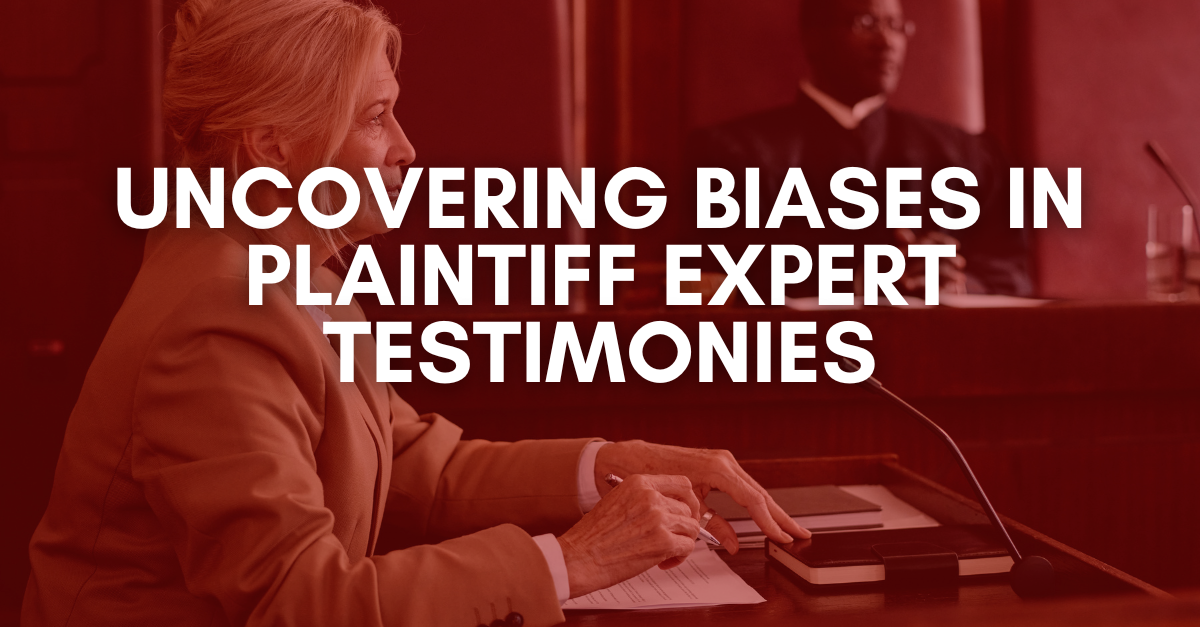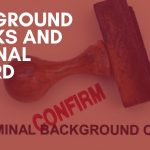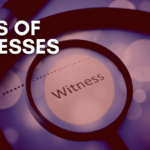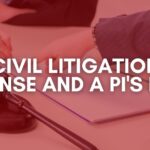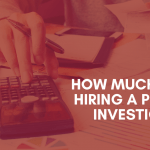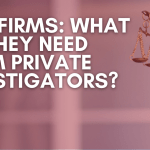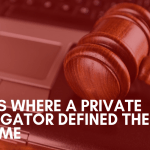Expert testimonies can make or break a case in civil litigation. Plaintiff experts, brought in to strengthen the plaintiff’s claims, often carry an air of objectivity and credibility. However, beneath this veneer of impartiality, hidden biases may exist that can significantly impact the testimony’s reliability. For defense attorneys and insurance companies, uncovering these biases is essential to ensure a fair trial and a robust defense.
Identifying the Sources of Bias
Bias in expert testimonies can arise from multiple sources, including personal beliefs, financial interests, and affiliations with organizations. These biases can subtly shape the expert’s opinions and conclusions, favoring the plaintiff’s position. To effectively challenge an expert’s testimony, it is crucial to identify and understand these hidden biases.
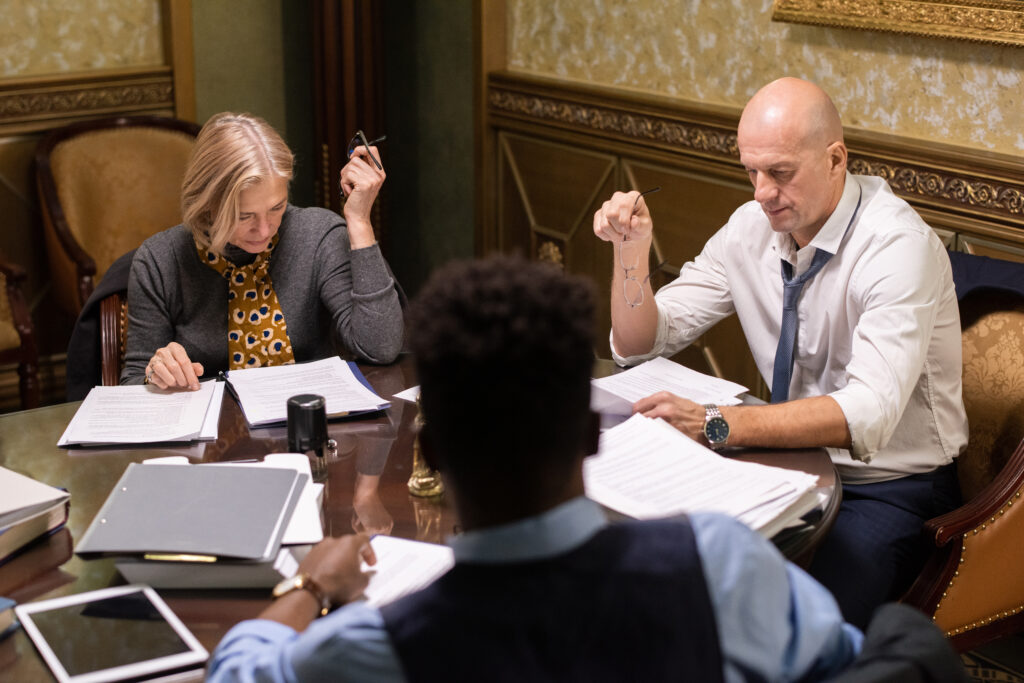
Key Strategies for Detecting Bias
- Thorough Background Checks: A deep dive into the expert’s professional history can reveal potential biases. This involves scrutinizing their career, financial relationships, and any history of disciplinary actions. Look for a pattern in their involvement in similar cases—if they consistently testify for plaintiffs, it may indicate a bias.
- Reviewing Previous Testimonies and Publications: Past depositions, trial testimonies, and published works can offer valuable insights into the expert’s viewpoints and potential biases. Consistent themes or repeated opinions in favor of plaintiffs across different cases can be a red flag.
- Evaluating Financial Incentives: Analyzing the financial connections of the expert is critical. If an expert receives substantial compensation for their testimony or has financial ties to the plaintiff’s side, their objectivity can be questioned. Defense attorneys should scrutinize these financial relationships to uncover any conflicts of interest.
- Assessing Methodologies: Experts often use specific methodologies to support their conclusions. By critically evaluating these methodologies, defense attorneys can identify any biases inherent in the expert’s approach. Alternative methods that lead to different conclusions can further highlight potential biases.
- Investigating Professional Affiliations: Experts affiliated with certain organizations or advocacy groups may have inherent biases. Understanding these affiliations can provide context to the expert’s testimony and reveal underlying prejudices.
Utilizing Deposition Transcripts
Deposition transcripts are an invaluable resource for uncovering hidden biases. These records provide a verbatim account of the expert’s statements under oath, offering defense attorneys the opportunity to identify inconsistencies, biases, and questionable methodologies. By meticulously analyzing deposition transcripts, defense attorneys can build a strong case to challenge the credibility of plaintiff experts.
The Importance for Insurance Companies
For insurance companies that insure doctors and hospitals, the ability to uncover hidden biases in expert testimonies is crucial. Successfully discrediting biased experts can reduce liability, lower settlement costs, and protect the financial interests of insured clients. Partnering with specialized investigation firms can provide insurance companies with the expertise needed to thoroughly vet plaintiff experts and support robust defense strategies.
Uncovering hidden biases in plaintiff expert testimonies is essential for ensuring a fair and balanced trial. By conducting thorough background checks, reviewing past testimonies, evaluating financial incentives, assessing methodologies, and investigating professional affiliations, defense attorneys and insurance companies can effectively challenge the credibility of plaintiff experts. This proactive approach not only strengthens the defense case but also safeguards the interests of insured clients.

